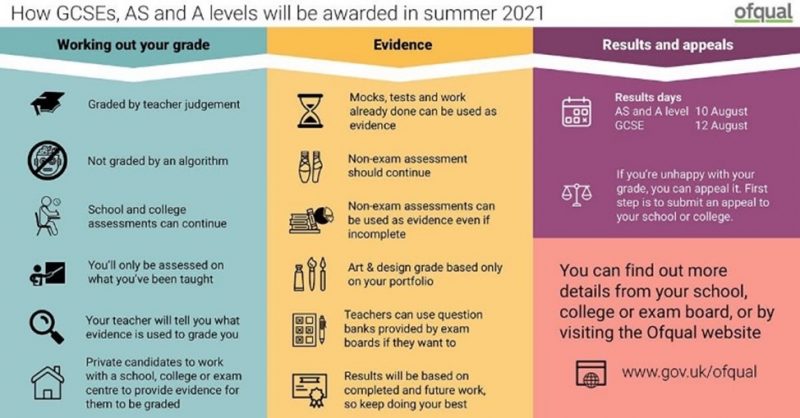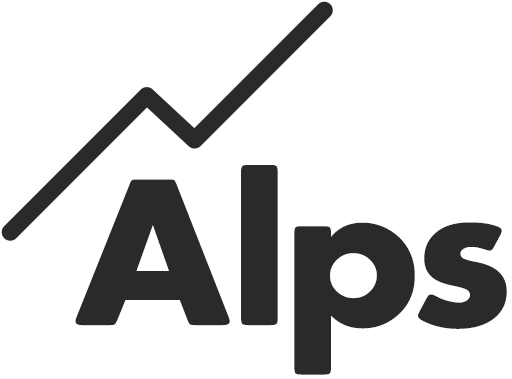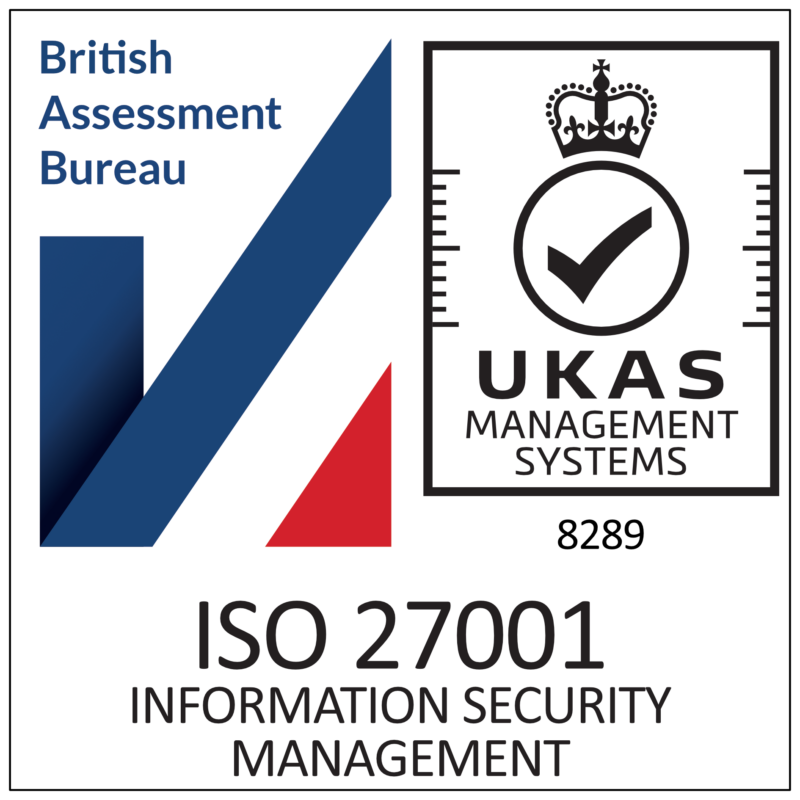Awarding Teacher Assessed Grades in England in 2021
Priority
- Complete your Centre Policy Summary Form, a succinct overview of your approach to assessments and the QA of grading decisions, by 30th April.
- Your plan from March to May should give students every chance to shine so that you can confidently award each student the grades they deserve.
- In June your plan could focus on ensuring students have the skills & knowledge required for progression to the next stage of their education/training.
Planning with Subject Leaders in March/April
- Good questions for Heads of Subject now might be:
a) What evidence that you would like to use do you already possess?
b) What assessments do you plan to use to gain additional evidence?
c) How will you prepare students as fully as possible for those assessments? - Each subject should then identify topics that have been fully taught (even if remotely) and either use optional exam board materials and/or prepare exam-style assessments on those topics.
a) Notify the topics to students to enable them to prepare.
b) Walk candidates through a similar style question/assessment in the week before each assessment to ensure that skills (Command Words, Mark Scheme requirements, how to structure effective answers) are embedded.
Choosing Your Evidence Carefully
- The evidence you choose to use is important both in case of external Quality Assurance and in case of appeals as the article published on the Ofqual website on 25th February by their Chief Regulator, Simon Lebus, states that ‘teachers will tell you which pieces of work will count towards your grade before your grade is submitted to the exam board.’

- We suggest summarising ‘which pieces of work will count towards your grade’ for each subject in overall KS4 and Post-16 booklets and sending them home to parent(s)/carer(s) asap to stress the importance of forthcoming assessment dates.
- This booklet will also be useful in the case of external QA.
Potential Issues – Student challenges and external Quality Assurance
- The JCQ Guidance makes it clear that students have the right to know what evidence is being used to grade them. They can raise concerns about the evidence for valid reasons, but the final choice of evidence ‘is not a negotiation’.
- Students can also appeal (no fee) against the final grade they receive in August.
- Exam boards will conduct their own checks, through a combination of random sampling and more targeted scrutiny where they identify the cause for concern. As part of internal QA, consider the grades for this year’s cohort compared to cohorts from 2017-19 for GCSE or A-Level combined to check that teachers judgements are not ‘unduly harsh or lenient.’
Recording TAGs, internal Quality Assurance and submitting grades to boards
- Consider asking teachers to record TAGs by 21st May to allow time for internal QA (in departments 24th – 28th May; whole school/college from 7th June) before submitting grades on 18th June.
- Even though rank orders are not part of the Ofqual requirements for 2021, consider asking teachers for rank orders in sets as this might be useful when depts and you QA the grades.
- Would sample moderation with another school or college in your Trust or LA be especially beneficial for small departments for standardising judgements?
- On 25th February, Williamson stated that ‘our sole aim is to make sure all young people can progress to the next stage of their education or career.’ Consider what grades each student requires for appropriate progression?
a) At 16
b) At 18 - Consider which other grades have been notified to students and parent(s)/carer(s) during the courses.
- Alps schools and colleges will find the tools in Connect Interactive invaluable during Quality Assurance. Check out our regular programme of webinars.
- The final date for uploading TAGs to the exam boards is 18th June.
The breadth of specification coverage and transition to the next stage of education
- As all assessment of Y11 (and Y13) grades will be complete by the May half-term this frees up teacher time to potentially enable a well-planned series of ‘Transition to Sixth Form’ lessons to be run in June.
- June could also be used to ensure Y13 students were not lacking any of the skills and knowledge required for specific university courses.
Results Days
AS and A-Level students will receive their results on 10th August.
GCSE students will receive their results on 12th August.
Download our free ‘Awarding Teacher Assessed Grades in England in 2021’ PDF here.
Watch our free on-demand KS4 ‘Creating a fair and robust Teacher Assessed Grades process with Alps’ webinar here.
Watch our free on-demand KS5 ‘Creating a fair and robust Teacher Assessed Grades process with Alps’ webinar here.
Need more information?
If you would like any further information, please contact one of our expert advisers.


